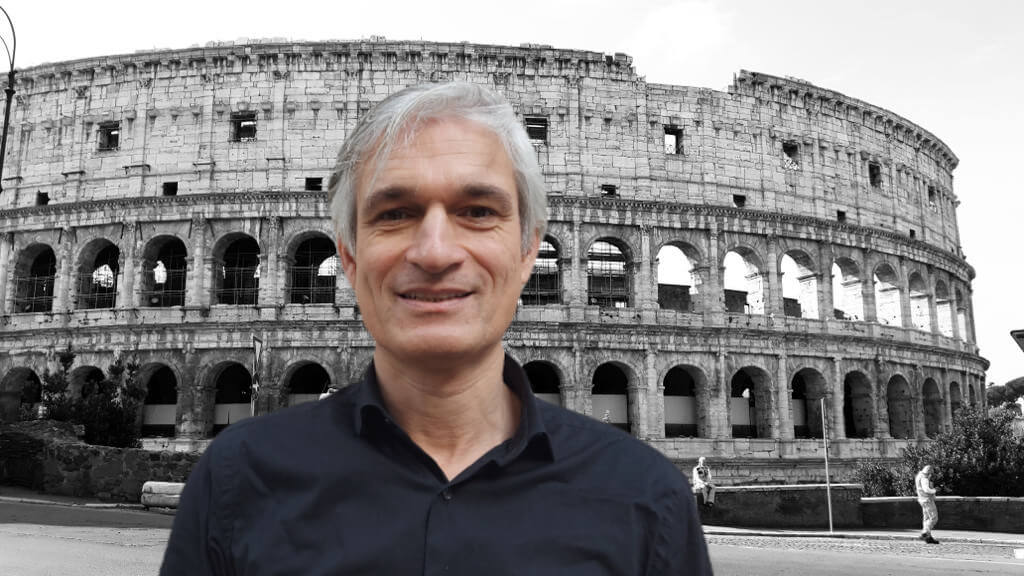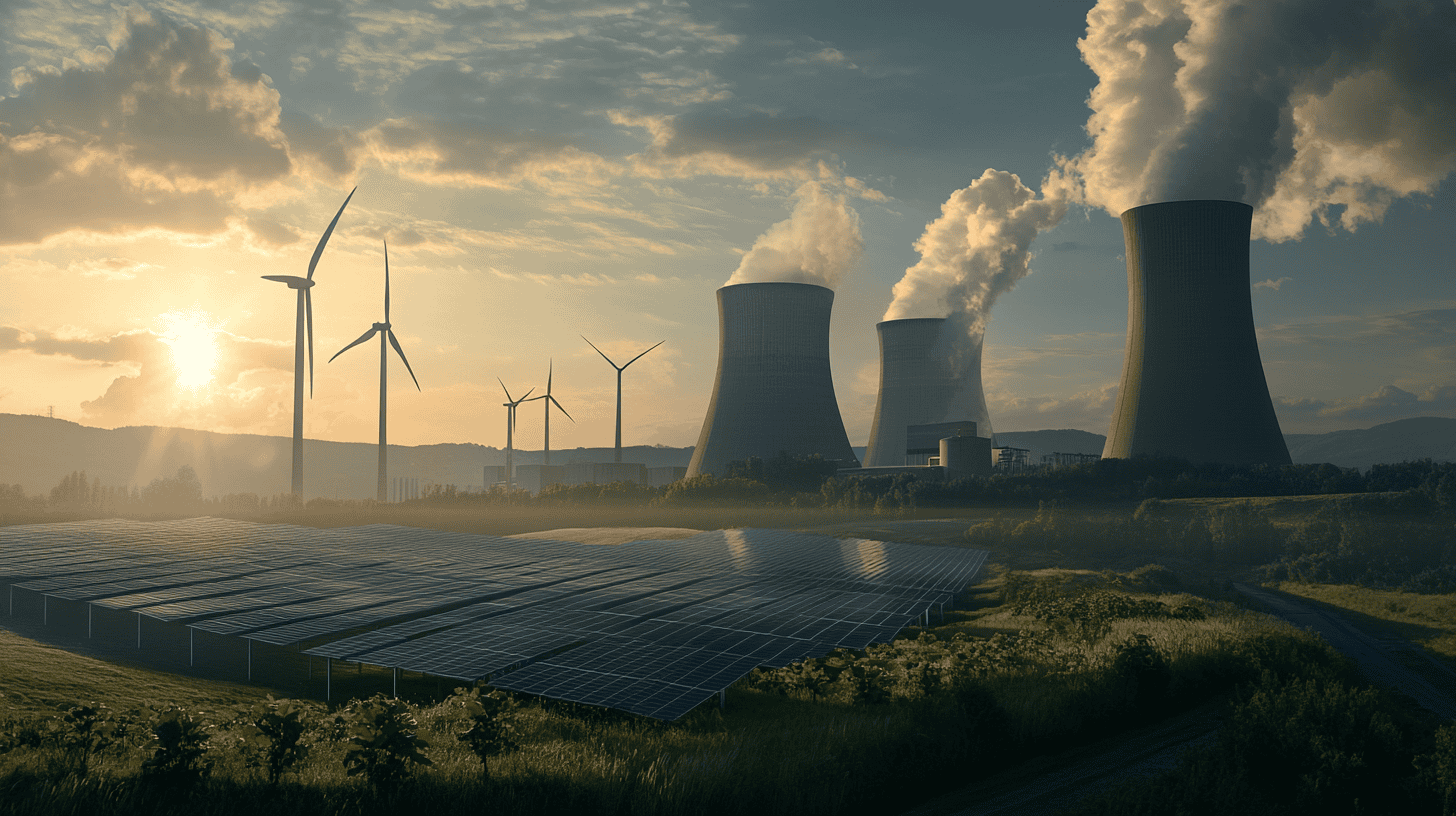
Within three weeks, the Italian Ministry of Ecological Transition will have its plan of action ready to achieve a carbon-free society by 2050 and thereby comply with the European Green Deal. Roberto Cingolani said this during a foreign press conference on Thursday in Rome. Cingolani is the minister of this department that was created as recently as two months ago. The responsibilities of the ministers of the Environment, Economic Development and Transport fall under the new department. The ministry has access to around €70 billion in funding from the EU Next Generation fund.
I am a great believer in frugality. I think a certain Calvinistic, restrained approach to life is very good for the public good.” Roberto Cingolani
Cingolani is a scientist who formerly headed the Italian Institute of Technology (IIT). In a speech to the Italian parliament last March, Cingolani outlined that Italy plans to focus on hydrogen technology and nuclear fusion, among other things. Isn’t the gamble on nuclear fusion a bit too risky? Innovation Origins asked the minister. He didn’t think so. “We have about three decades. We have to use that time very effectively. I am a scientist, not a politician, and in a position to think ahead. In the period 2025-2035, it will probably be possible to use nuclear fusion in a way that we are now considering the possibilities for hydrogen.”
“These are long-term developments and projects, and for scientists and techies, that’s our frame of thinking. Along the path leading up to 2050, we have to be willing to constantly replace technologies that may be modern today but become obsolete over time in favor of other, better technologies.”
Preaching sobriety
Innovation Origins asked Cingolani if the “thrifty” Northern European countries can rest assured that Italy will make good use of the EU Next Generation funds. “I am a great believer in frugality. I think a certain Calvinistic, restrained approach to life is very good. It’s very important to have respect for the public good. I am therefore working really hard not only to write some great plans, but above all to subsequently roll them out in an efficient way. One main point of my policy will be to streamline regulations.” As it happens, the Italian economy is rather stymied by bureaucracy.
“I understand the fears of the so-called frugal countries. But I also think that frugality should not be one-sided. There are countries that preach sobriety, but at the same time operate a tax system that makes them much more competitive.”
Cingolani undoubtedly has the Netherlands in mind in this regard, where multinationals enjoy advantageous tax breaks.
Read about the establishment of the Italian Ministry of Ecological Transition here.








